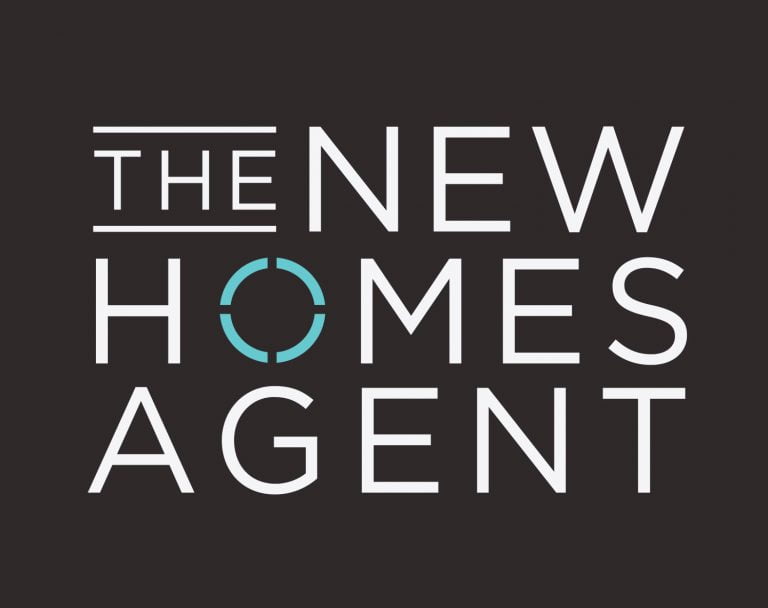Shared Ownership is a brilliant way to get a stake in a property when you can’t afford (or borrow) enough to buy outright. It’s basically an alternative home ownership scheme which gives first time buyers – and those who do not currently own a home – the opportunity to purchase a share in a new build or resales property.
In short, Shared Ownership lets buyers purchase shares of somewhere between 25-75% of a home. Purchasers will pay a mortgage on the share that they own, along with a below-market-value rent on the remainder to a housing association – and any service charge or ground rent. As the buyer only needs a mortgage for the share they own, the amount of money needed for a deposit is usually much lower than when purchasing a property outright.
Example: if you’re purchasing a 50% share of a £200,000 property, you would only need a deposit for the £100,000 you are purchasing, rather than the full £200,000.
Are you eligible for Shared Ownership?
There is some specific criteria you must meet to be eligible for the scheme. These are as follows:
- You must be at least 18 years old.
- You must be unable to purchase a suitable/similar home on the open market.
- Your maximum household income must not exceed £80,000 (or £90,000 in London)
- You do not already own a home, or you will have sold your current home before purchasing through the scheme.
- You should have a deposit equal to the amount required for the share you are purchasing.
- You are not in mortgage or rent arrears.
- You will need to demonstrate good credit history (no bad debt or County Court Judgements) and that you can afford the regular payments involved.
The benefits of the scheme
Shared Ownership allows buyers to become owner-occupiers, with the long-term stability and security of home ownership at a price that’s affordable. What’s not to like?
Shared Ownership works by making mortgages more accessible – even for those on a lower wage. In fact, your monthly repayments can often work out cheaper than if you had an outright mortgage – and they are generally lower than if you were to rent privately.
There is the option of buying more shares of your home in the future through a process known as ‘staircasing’. Generally, purchasers can staircase to 100%, meaning they will no longer need to pay rent. Instead, they will just pay their mortgage along with any relevant service charges and ground rent. You can also sell the shares you own at any time.
Unlike private renting, you will have security of tenure through Shared Ownership. As long as rent is paid and mortgage repayments are made, you can live at the property for the duration of your lease (usually 99 or 125 years). Once the lease ends, the leaseholder can organise an extension with their housing provider.
Last, but certainly not least, it’s usually not necessary to pay Stamp Duty land tax on an initial purchase.
Are there any downsides?
It’s worth bearing in mind that when you upgrade your share of the home, you’ll need to have the property re-valued. So, if the price of properties in your area has gone up, you may find you’ll be paying more than what you did for the initial share. You will also be required to instruct a valuer to carry out a market appraisal of your property to determine the value of the new shares you will be purchasing. As the shared owner, you are responsible for paying the valuers fee.
With part ownership of the home, you may encounter some difficulty renting out your property if you decide to move on. This largely depends on the rules held by your local housing association. The local housing association will also have first refusal if you decide to sell the property. Their right to buy the property back first will last for a term of 21 years from the date of 100% ownership. This is actually good news for you if they decide to enforce the buy back clause, as they will have to buy the property at the full market value, and you won’t be required to pay an estate agent to sell the home.
Shared ownership overview:
- Aimed mainly at first-time buyers and those who don’t earn enough to buy a home outright.
- You can own a share (25-75%) of a property and rent the part you don’t own at a reduced rate.
- You can buy a bigger share in the property at a later date.
- Shared ownership homes in England are offered on a leasehold only basis.
- Most homes available are newly built, with some exceptions.
- Deposits are generally lower than buying on the open market.
- There are specific eligibility criteria you must meet (listed above).
Here at The New Homes Agent, we work closely with the Longhurst Group, and have helped over 50 buyers benefit from the Shared Ownership scheme in the last two years alone. With house prices consistently rising, the scheme provides an opportunity for buyers to get a leg up on the property ladder and secure a home with a smaller deposit than if they were purchasing outright.
Of course, if you still have questions about your eligibility – or the scheme in general – we’d be more than happy to talk you through the process in further detail. Drop us an email or give us a call today!
Pictured: Brook Lane, Collingham




